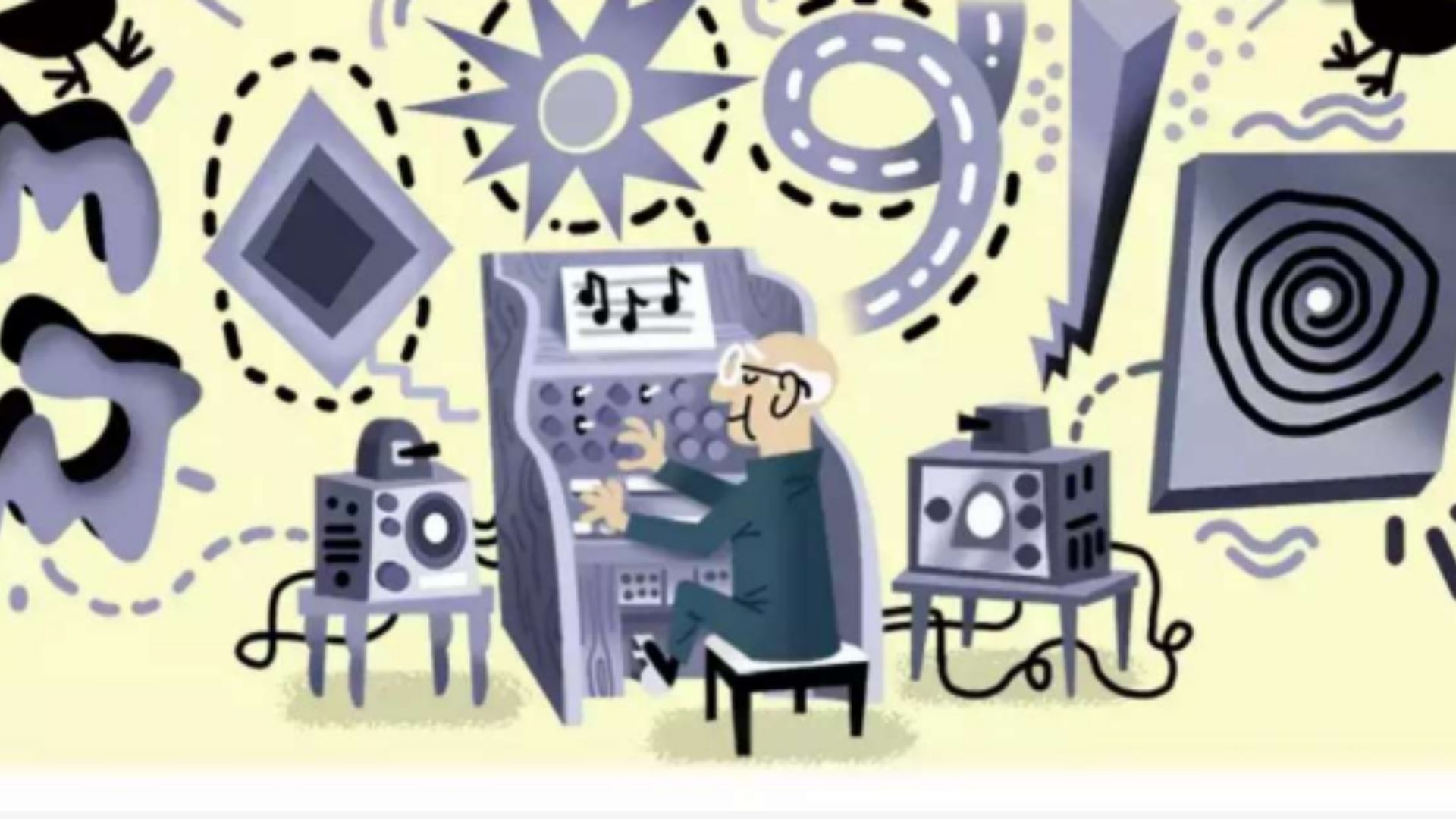Google Doodle today praises the 112th birthday celebration of Oskar Sala, a German physicist, writer, and trailblazer of electronic music. He was known for creating sound on an instrument called the Trautonium, an ancestor to the synthesizer.
Sala was carried into the world in Greiz in 1910, Germany. He was drenched in music since birth. Oskar Sala’s mom was a vocalist, and his dad was an opthalmologist with melodic ability. During his childhood, Sala concentrated on piano and organ and performed old-style piano shows as a youngster.
“At the point when Sala originally heard a gadget called the trautonium, he became entranced by the apparent potential outcomes and the technology the instrument announced. His life mission evolved dominating the trautonium and creating it further, which motivated his reviews in physical science and structure at school,” Google said.
Take a beat to observe German electronic writer Oskar Sala’s 112th birthday celebration. He created and played the mixture-trautonium, which acquainted a special sound with TV, radio and film.
He moved to Berlin in 1929 to concentrate on piano and organization with arranger and violist Paul Hindemith at the Berlin center. He additionally followed the investigations at the school’s research facility of Dr. Friedrich Trautwein, extrapolating out how to play with Trautwein’s trailblazer electronic instrument, the Trautonium.
Sala further fostered the Trautonium in 1948 into the Mixtur-Trautonium. The field of subharmonics was opened up by Sala’s development, the symmetric partner to suggestions, so a completely unmistakable tuning advanced.
Oskar Sala made melodic pieces and audio cues for TV, radio, and film creations, like Rosemary (1959) and The Birds (1962). The instrument seems like a clamor of a bird crying, pounding and entryway and window hammers.
In 1995, Sala gave his unique mixture-trautonium to the German Museum for Contemporary Technology.




